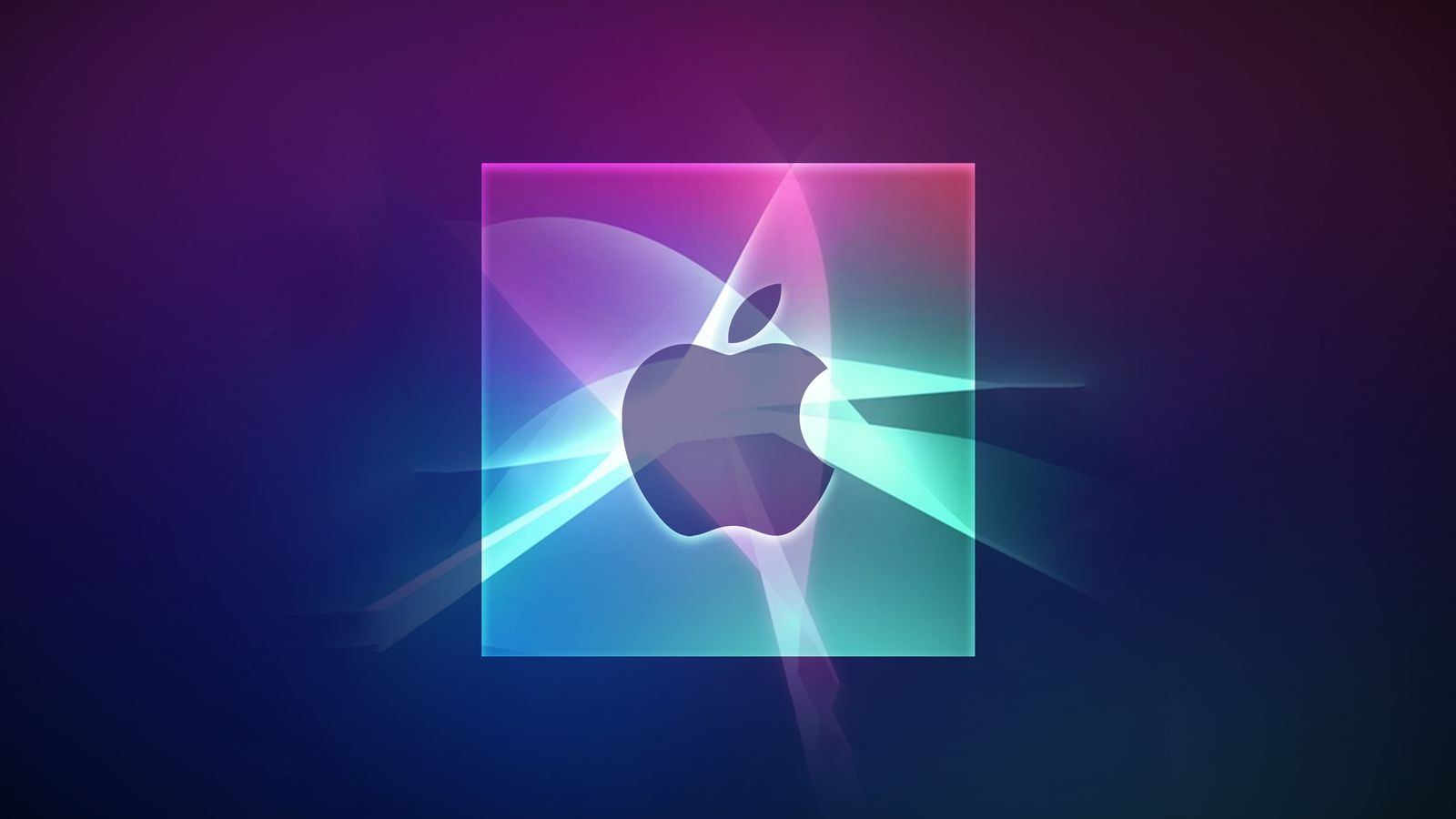Facing increasing pressure in the artificial intelligence race, Apple is taking decisive steps to revitalize its voice assistant, Siri. According to multiple reports, including insights from Bloomberg and The Information, the tech giant is assembling a specialized internal team explicitly named “Answers, Knowledge, and Information.” This unit’s core mission is nothing less than transforming Siri’s fundamental capabilities, focusing on delivering a significantly improved conversational experience and vastly enhancing its ability to handle general knowledge questions accurately and contextually.
This initiative represents Apple’s most concrete response yet to the perception that Siri has fallen behind competitors like Google Assistant and newer generative AI chatbots such as ChatGPT. While Siri pioneered the modern voice assistant, its development in core intelligence areas has appeared comparatively slow. The new team signifies a targeted effort to close that gap.

Engineering the Future of Interaction
Beyond refining the current Siri, Apple is actively exploring more ambitious avenues. Sources indicate the company is developing a potential standalone chatbot application. More crucially, significant work is underway on new, sophisticated back-end infrastructure designed to power future iterations of Siri, the Spotlight search feature across Apple devices, and even Safari’s search functionality.
This suggests a holistic strategy to embed advanced AI deeply within Apple’s ecosystem, moving beyond simple command execution towards genuine knowledge retrieval and complex task handling.
“Apple recognizes that the assistant game has fundamentally changed,” said Dr. Eleanor Vance, an AI researcher at Stanford University who follows conversational AI closely. “It’s no longer just about setting timers or playing music. Users expect assistants to understand nuance, follow complex queries, and provide insightful answers based on a vast knowledge base. Rebuilding the underlying architecture is essential for Siri to deliver that reliably.”
Leadership Commitment and Strategic Moves
Apple CEO Tim Cook has publicly acknowledged the company’s need to accelerate its AI efforts. During a recent earnings call, Cook expressed confidence in Apple’s ability to rectify its perceived AI missteps, stating, “We’ve got some things that we’re incredibly excited about that we’ll be talking about later this year.” Crucially, he signaled openness to strategic acquisitions to bolster Apple’s AI roadmap, a potential shortcut to acquiring specialized talent and technology.
This commitment is further evidenced by a noticeable hiring surge. Apple is actively recruiting new AI engineers, specifically targeting expertise in natural language processing, machine learning, and large language models – the foundational technologies powering modern chatbots – to join the Siri team and likely this new “Answers” group.
A former Apple engineer familiar with Siri’s development, speaking on condition of anonymity, highlighted the challenge: “Siri’s initial architecture was groundbreaking for its time, but it wasn’t built for the era of generative AI and massive knowledge models.
Integrating these new capabilities while maintaining Apple’s stringent privacy standards is a massive technical undertaking. This dedicated team and focus on infrastructure is exactly what’s needed.”
High Stakes for Apple’s Ecosystem
The stakes for Apple are exceptionally high. Siri is a primary interface for millions of iPhone, iPad, Mac, and HomePod users. Its perceived shortcomings compared to rival offerings risk diminishing the overall user experience Apple prides itself on.
Furthermore, as AI becomes increasingly central to device functionality and user expectations, Apple cannot afford to be seen as a laggard in a core technology area it helped popularize.
The formation of the “Answers, Knowledge, and Information” team, coupled with infrastructure development, potential acquisitions, and targeted hiring, signals a clear and concerted effort by Apple to reassert its leadership in intelligent assistants.
While concrete consumer-facing features may take time to materialize, these moves underscore a significant internal pivot, placing a major bet on AI as the future of how users interact with their devices and access information. The success of this overhaul will be critical for Siri’s relevance and Apple’s competitive position in the years ahead.
Subscribe to my whatsapp channel


Comments are closed.